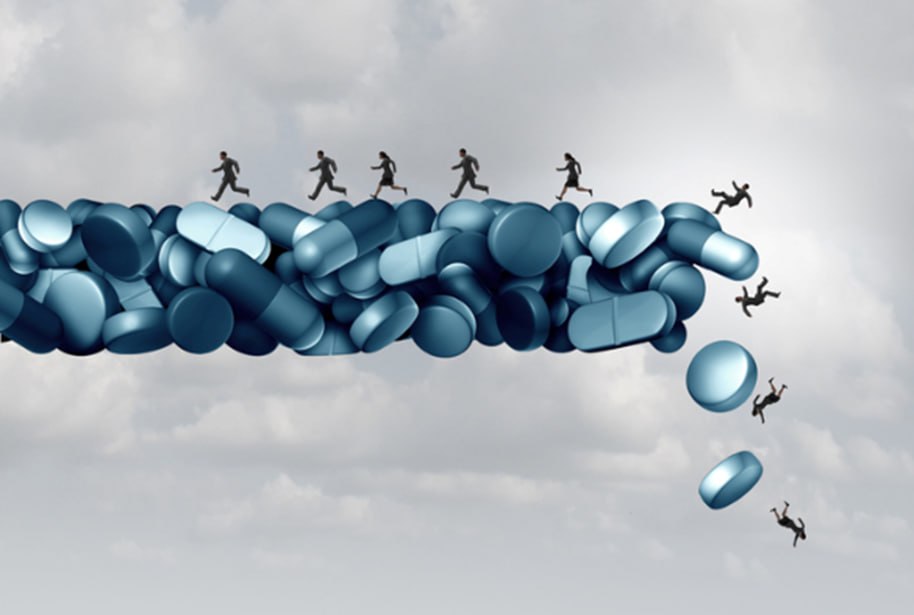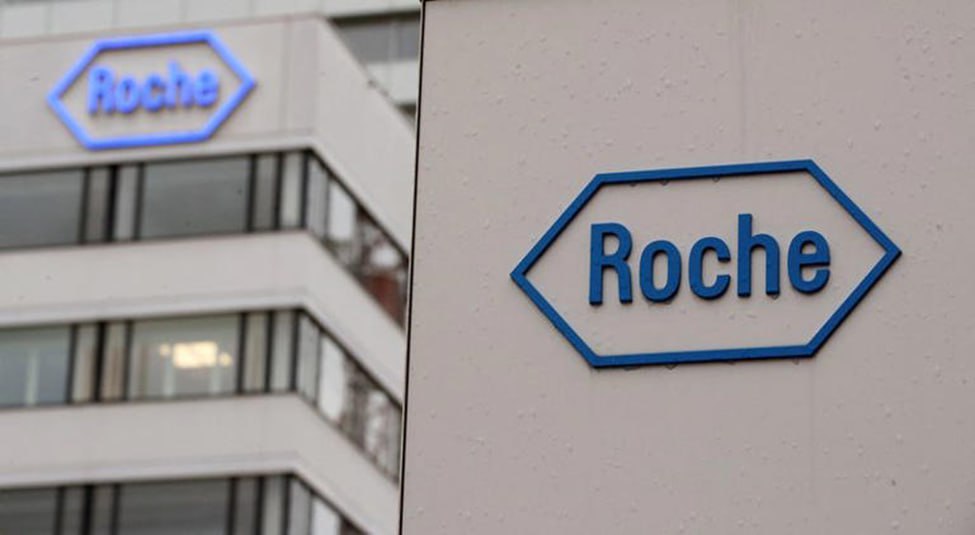A synthetic antibiotic is showing potent activity against some of the world’s most dangerous multidrug-resistant bacteria in lab experiments, according to the British scientists who created it.
The new drug, Novltex, kills superbugs on the World Health Organization’s high-priority list, including methicillin-resistant Staphylococcus aureus – also known as MRSA, the researchers said in a statement.
It works at very low doses and outperforms several licensed antibiotics such as vancomycin, daptomycin, linezolid, levofloxacin, cefotaxime, they also said.
The researchers based the design of their synthetic antibiotic on teixobactin, a natural molecule used by soil bacteria to kill competing microbes, making sure it would be easy to optimize and manufacture.
Unlike traditional antibiotics, Novltex targets an essential building block of bacterial cell walls known as lipid II that does not mutate, which means the bugs won’t easily become resistant, according to a report in the Journal of Medicinal Chemistry.
“Novltex is a breakthrough in our fight against antimicrobial resistance,” study leader Dr. Ishwar Singh of the University of Liverpool in the UK said in a statement.
“While much more testing is required before Novltex reaches patients, our results show that durable and practical solutions to antimicrobial resistance are within reach.”






